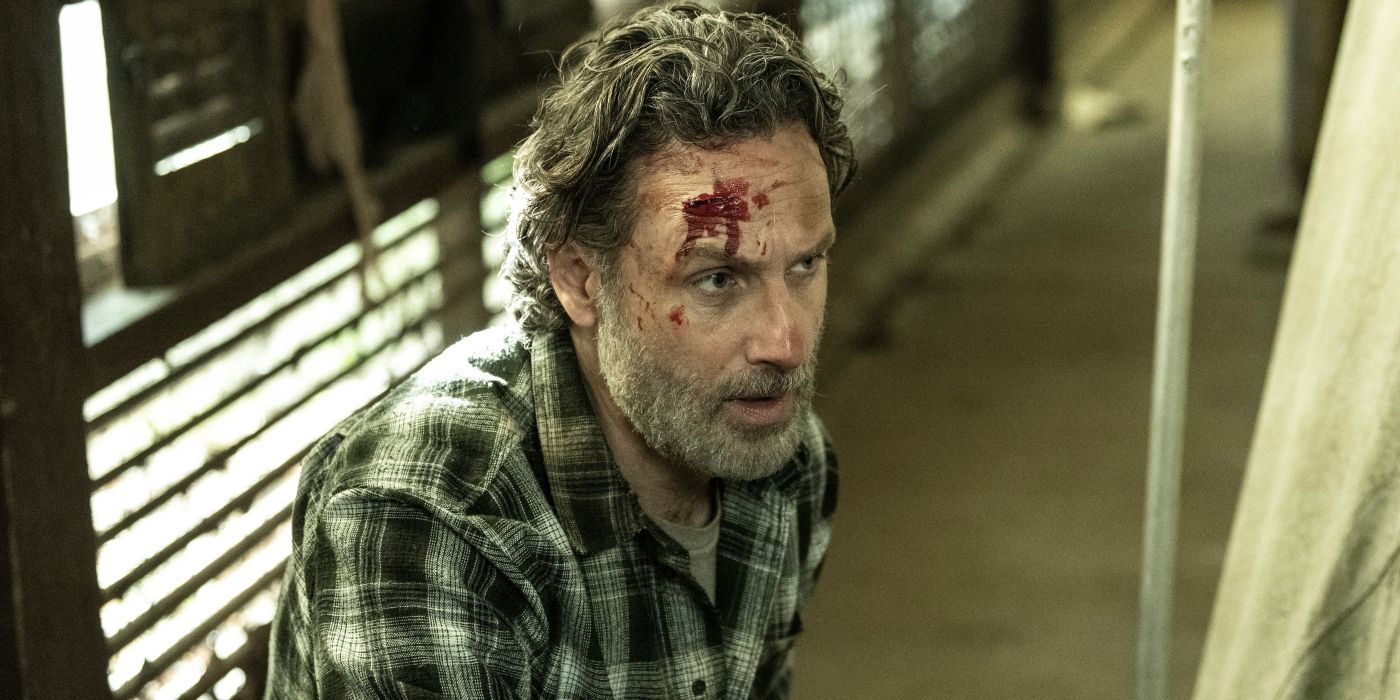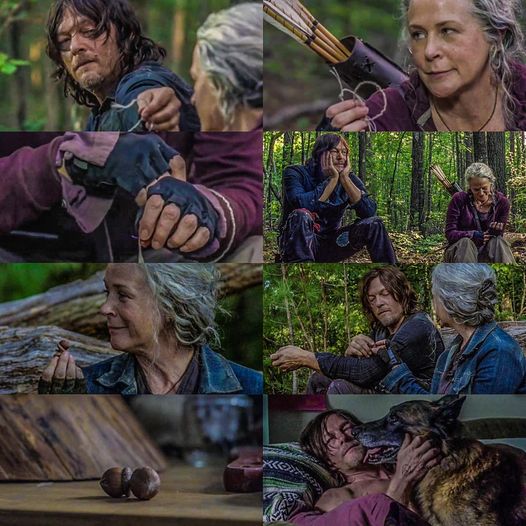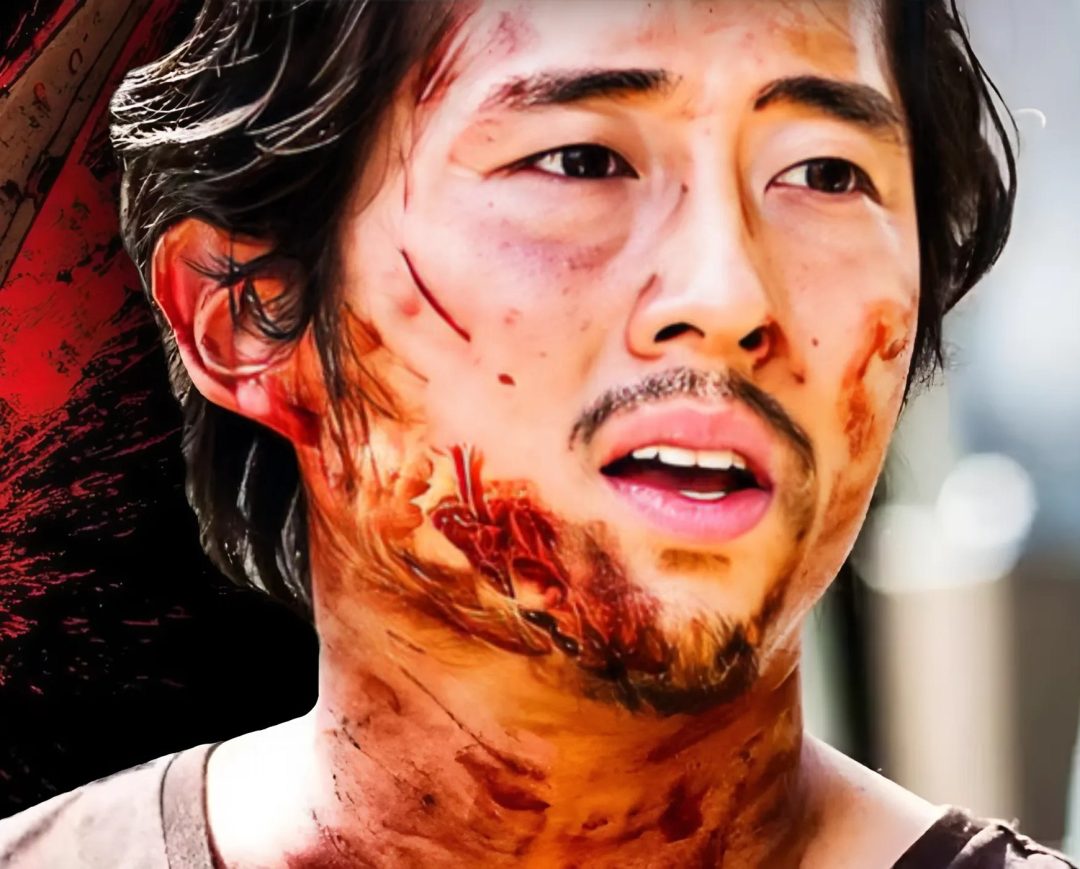Fourteen years ago, on November 4, 2010, a groundbreaking television series premiered and forever changed the landscape of modern storytelling. The Walking Dead, based on Robert Kirkman’s comic book series, entered our screens as a gritty, post-apocalyptic drama with a premise that seemed simple: survival in a world overrun by the undead. However, it quickly evolved into a powerful exploration of human resilience, moral complexity, and the meaning of hope amidst utter despair.
The show’s first episode, directed by Frank Darabont, introduced audiences to Rick Grimes, a sheriff’s deputy who wakes up from a coma to find society in ruins and the world swarming with “walkers”—zombies that crave human flesh. As Rick searches for his family and fights for survival, he becomes a symbol of unwavering leadership. Yet, The Walking Dead was never just about Rick or the walkers. It became a story of a community and the shifting dynamics that came with the constant fight for survival.
What set The Walking Dead apart from other entries in the zombie genre was its profound focus on the living. The show dared to ask difficult questions: What happens when resources dwindle? How far would one go to protect loved ones? What does civilization look like when the laws and morals that held it together collapse? As the seasons unfolded, viewers witnessed characters like Daryl Dixon, Carol Peletier, Michonne, and Glenn Rhee undergo profound transformations, reflecting the cost of survival and the sacrifices that define humanity.

The series also gained a reputation for its shocking plot twists and fearless approach to killing off beloved characters. This unpredictability made The Walking Dead both thrilling and emotionally taxing for its audience, creating a unique bond between the show and its fanbase. Iconic scenes, such as the prison assault or the introduction of Negan and “Lucille,” were etched into pop culture history and sparked widespread discussions.
While its later seasons faced criticism for pacing and storytelling decisions, The Walking Dead maintained a loyal following and a powerful influence. It spawned spin-offs, games, and an entire franchise that continues to thrive. More importantly, it sparked reflections on human behavior under extreme circumstances, proving that the true enemy is not always external.

Fourteen years later, the legacy of The Walking Dead endures as a testament to storytelling that dares to blend horror with deep human connections, reminding us all that survival is not just about staying alive—it’s about finding reasons to live.





